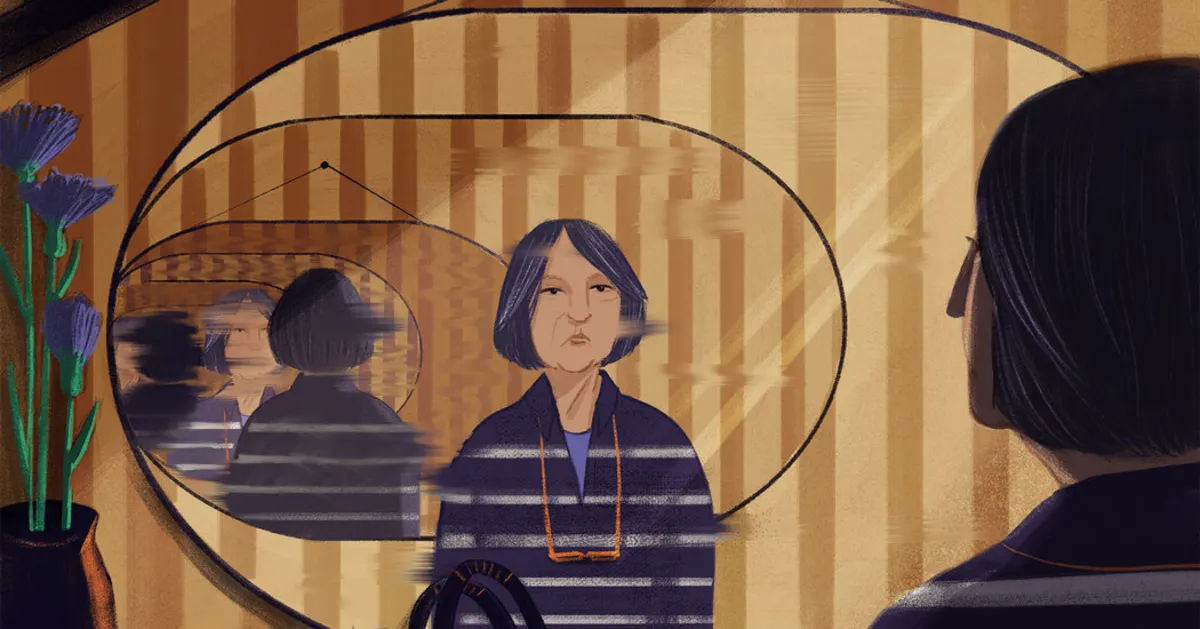
At 70 years old, Joan Presky, a retired attorney from Thornton, Colorado, lives with a profound fear of dementia. This concern is deeply rooted in her family history; her mother battled Alzheimer’s disease for 14 challenging years, spending the last seven of those years in a memory-care residence. Additionally, her maternal grandfather also developed dementia, which has left Ms. Presky feeling anxious about her own future. “I’m 100 percent convinced that this is in my future,” she admits, highlighting the emotional weight of her family’s experience with cognitive decline.
To confront her fears, Joan Presky took a proactive step last year by spending nearly a full day with a neuropsychologist for a thorough evaluation. This extensive assessment aimed to gauge her cognitive health and offer some clarity regarding her concerns about dementia. Surprisingly, the results revealed that her short-term memory was functioning well, which she described as both “shocking and comforting.” Furthermore, she tested average or above in every cognitive category except one. Despite these positive outcomes, Ms. Presky remains unsettled. “I saw what Alzheimer’s was like,” she reflects on her mother’s long decline, stating, “The memory of what she went through is profound for me.”
The fear of dementia looms large for many Americans, particularly as studies project significant increases in cases over the next three decades. This alarming trend has garnered substantial public attention, with researchers’ findings published in January in Nature Medicine. The implications of these findings have even made their way into popular culture, appearing as a humorous reference during the Weekend Update segment of “Saturday Night Live.”
Joan Presky's story is a compelling reminder of the personal and familial impact of dementia, including Alzheimer’s disease. As the population ages, understanding the signs and implications of these cognitive disorders becomes increasingly crucial. Awareness, proactive evaluations, and open discussions about dementia can not only help individuals like Ms. Presky manage their fears but can also prepare families for the challenges that may lie ahead.